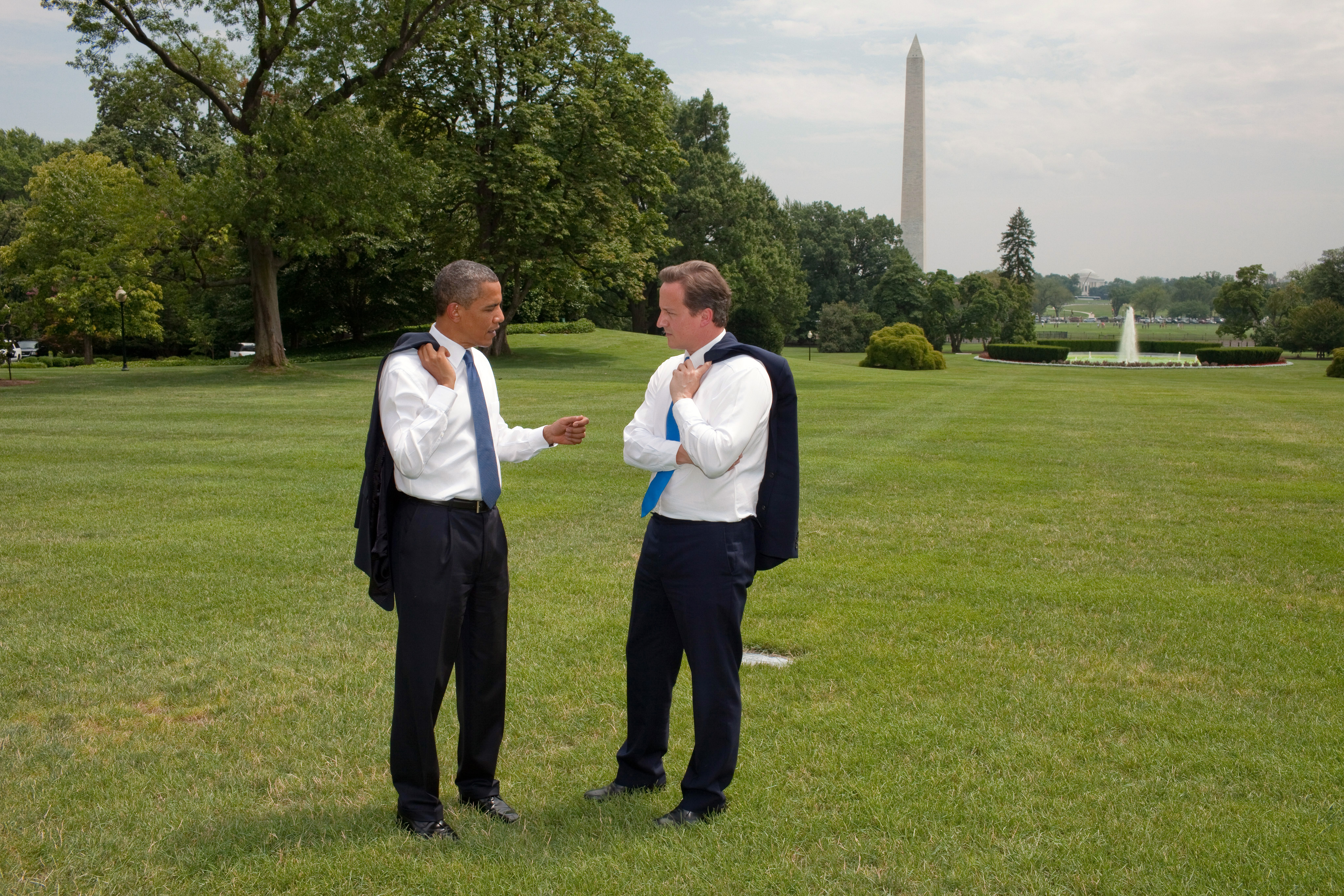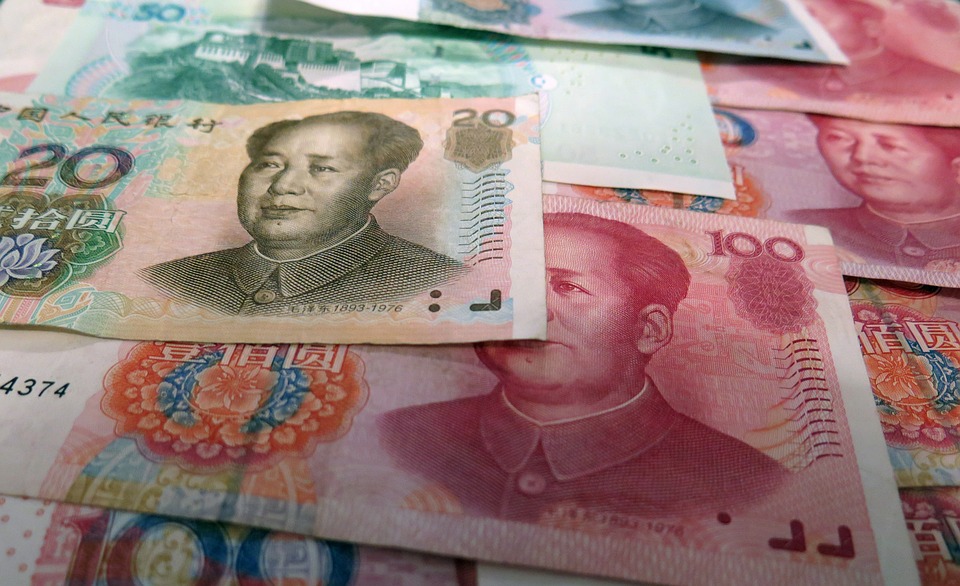As the United Kingdom’s 2017 referendum on European Union membership looms ever closer, the international economy faces the prospect of a United Kingdom outside the economic and political community of the European Union. For the United States, such a scenario is undesirable. American policymakers have clearly intimated their displeasure using economic arguments to dissuade Westminster.
The U.S. Trade Representative Michael Froman has stated that the United States will not pursue a separate free trade deal with the United Kingdom if it chooses to leave the EU. To international observers, this declaration was regarded as both an intervention and a warning. Froman crystallized his position on Brexit by saying he “think(s) it’s absolutely clear that Britain has a greater voice at the trade table being part of the EU, being part of a larger economic entity”. He went on to say that the United States is not seeking “FTAs [free trade agreements] with individual countries” but instead “building platforms that other countries can join over time.” According to Froman, the UK would be subject to the same tariffs applied to countries like Brazil and India if it chooses to leave the European Union. Such remarks are made to pressure British voters and policymakers to preserve their ties with the EU.
The United Kingdom has much to lose if America follows through on these promises. To date, the UK exports approximately £35 billion worth of goods to the United States. This is about 17% of all British exports. The most popular British exports to the United States include manufactured goods, food products, mineral fuels and machinery. The UK, vis-à-vis the EU, enjoys a ‘most-favored-nation tariff’ with the United States at a rate of less than 3% of a product’s value. If the United States imposes harsher tariffs on the UK following their EU exit, there will undoubtedly be an adverse effect on the above industries. This is especially true with the British automotive industry whose second-largest export market is the United States. Without a membership in the EU and without the Trans-Atlantic Trade and Investment Partnership [TTIP], British vehicles will be hit with a 2.5% tariff. This would put the industry at a strategic disadvantage when compared to the lower tariffs enjoyed by European auto manufacturers.
The United States isn’t alone in issueing such warnings to the United Kingdom. China expressed similar concerns over the economic effects of a successful Brexit. During Chinese President Xi Jinping’s state visit to the UK, he made a plea for Prime Minister David Cameron to keep Britain in the European Union. These words of concern are doubly significant considering the Chinese government has made a custom of avoiding commenting on the internal affairs of other countries. After the state visit, the Chinese Foreign Ministry echoed President Xi’s message.
The United States believes that Brexit will be a great, and costly, mistake for the UK. Although these concerns may come from a position of self-interest, they still indicate the significant economic ramifications that will go along with an exit from the European Union. Outside of the EU, the British government will be at risk of losing access to 52 trade agreement with no guarantee that they will be able to re-establish all of them. The British voting public must consider these economic ramifications when they find themselves at the polls in 2017.




